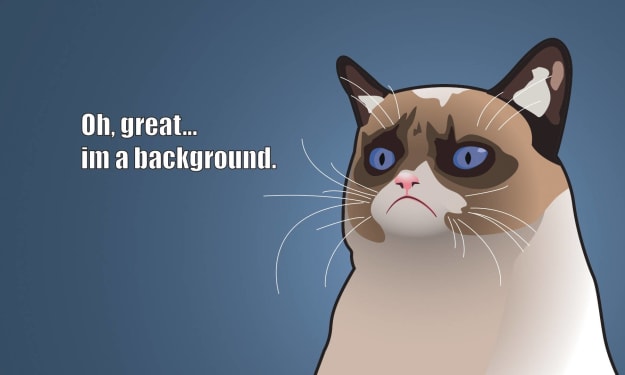What happens if we don’t have bones?
"Living Without Bones: A Surreal What If Scenario"

Losing your bones would indeed have catastrophic consequences for your body. Here's a breakdown of the potential effects:
Loss of Mobility: Without bones, your body would have no structural support. You wouldn't be able to move or maintain any semblance of a human shape. You'd essentially become a shapeless mass.
Breathing Difficulties: Your rib cage is vital for protecting your lungs and providing them with the space to expand and contract during breathing. Without ribs, your lungs would struggle to function properly, and you'd need constant mechanical ventilation.
Increased Susceptibility to Infections: Without bones, your airways would be open all the time, making it much easier for pathogens to enter your respiratory system. This would make you highly susceptible to respiratory infections like pneumonia.
Immune System Dysfunction: Your bone marrow, which is primarily located in your bones, is responsible for producing white and red blood cells. Without bones, you'd lose the ability to produce these cells, weakening your immune system and making you vulnerable to various diseases, including leukemia.
Inability to Chew: Since your teeth are anchored in your jawbone, losing your jawbone means you wouldn't have any teeth. You'd need to be fed through a feeding tube, as chewing would be impossible.
Shortened Lifespan: Without bones and a functioning immune system, your survival would be measured in minutes to a few hours at best. You would not be able to survive for an extended period without the support and protection that bones provide.
There are 206 of them on the average adult and babies are actually born with even more, around 300 or so. Some bones are long and thick, with the longest being the femur or the thigh bone, while others are thin and flat, like shoulder blades. The smallest bones in your body are in your ear. Bones have two types of bone tissue; compact bone and spongy bone. Compact bone is dense and heavy, since it needs to be strong as it's the outside layer of the bone. Spongy bone is lighter and less dense. Bone marrow is also found inside of your bones, and it's a soft tissue with two types; red and yellow. Red bone marrow is where red and white blood cells are made and yellow bone marrow is mostly made of fat. So, could you live without bones? At least with the way our bodies currently function, I’d have to say no… unless you want to be a lifeless pool of human goop on the floor like Peter Griffin up there. In which case, then go for it? Since your muscles are attached to the bones of your skeleton, without them, you simply wouldn’t be able to move! Just the spine itself, which is made up of 24 small bones called vertebrae, is necessary. Beyond that, there wouldn’t be anything to protect your vital organs and your brain would especially be in danger! You’d be one heavy metal concert away from kicking the bucket. However, it is possible to live without some of your bones. For instance, some people with the condition Cleidocranial dysostosis are born without their collarbones or have them abnormally developed. There are a bunch of animals though that don’t have a skeleton at all and get along just fine.
In summary, losing your bones would be disastrous for your overall health and well-being. Your body's structural integrity, immune system, and ability to perform essential functions would be severely compromised. Bones play a crucial role in maintaining the stability and functionality of the human body, and their absence would lead to a rapid decline in health and ultimately, death.





Comments (1)
Love this!